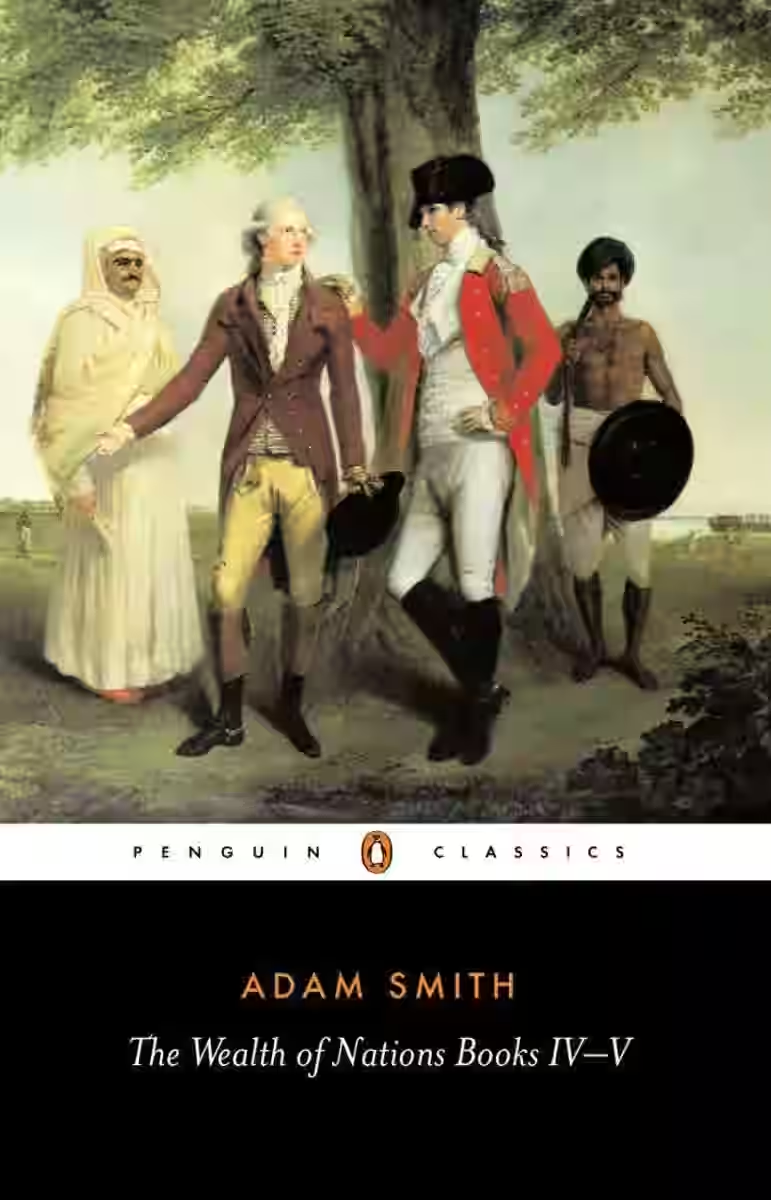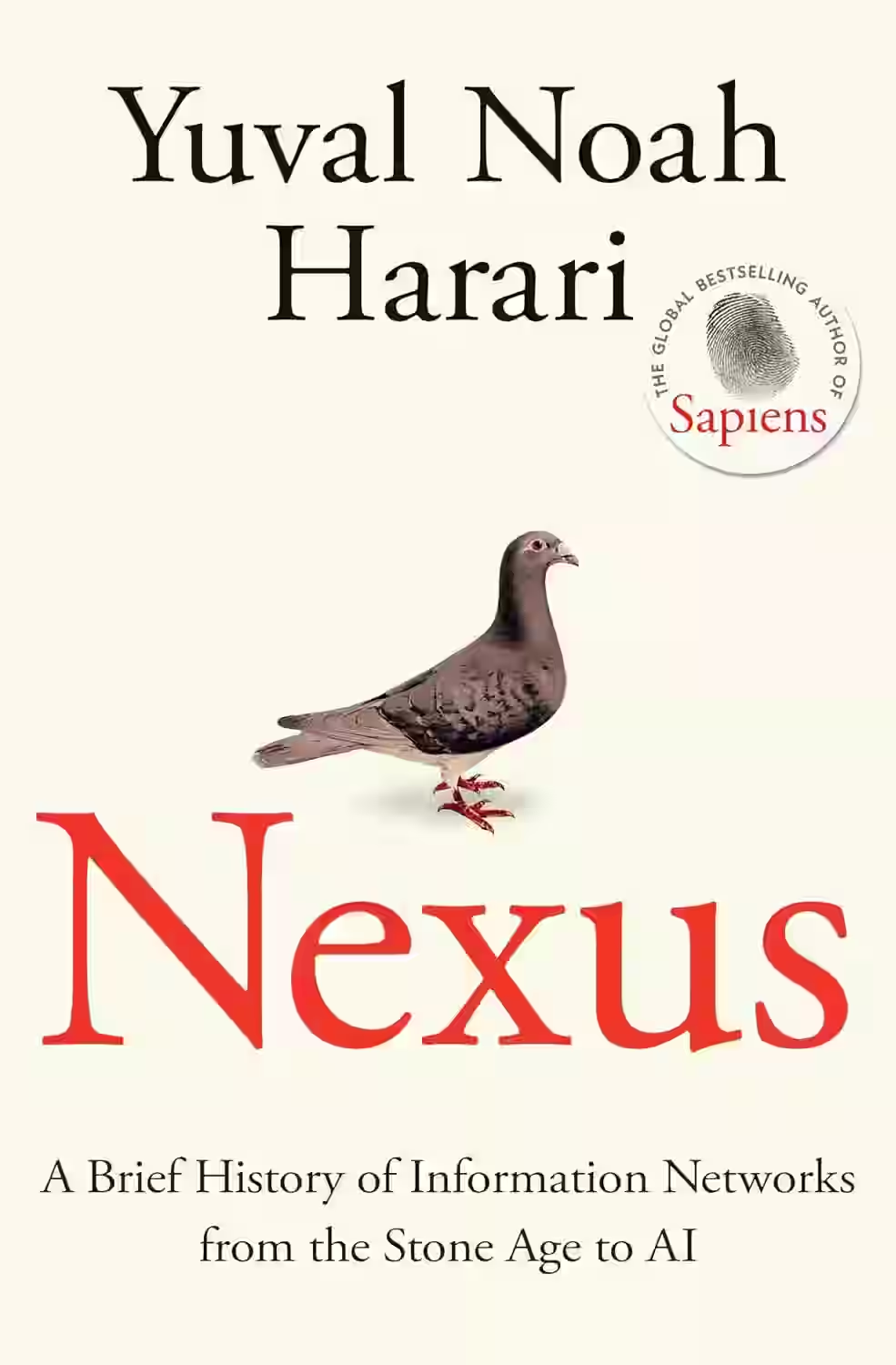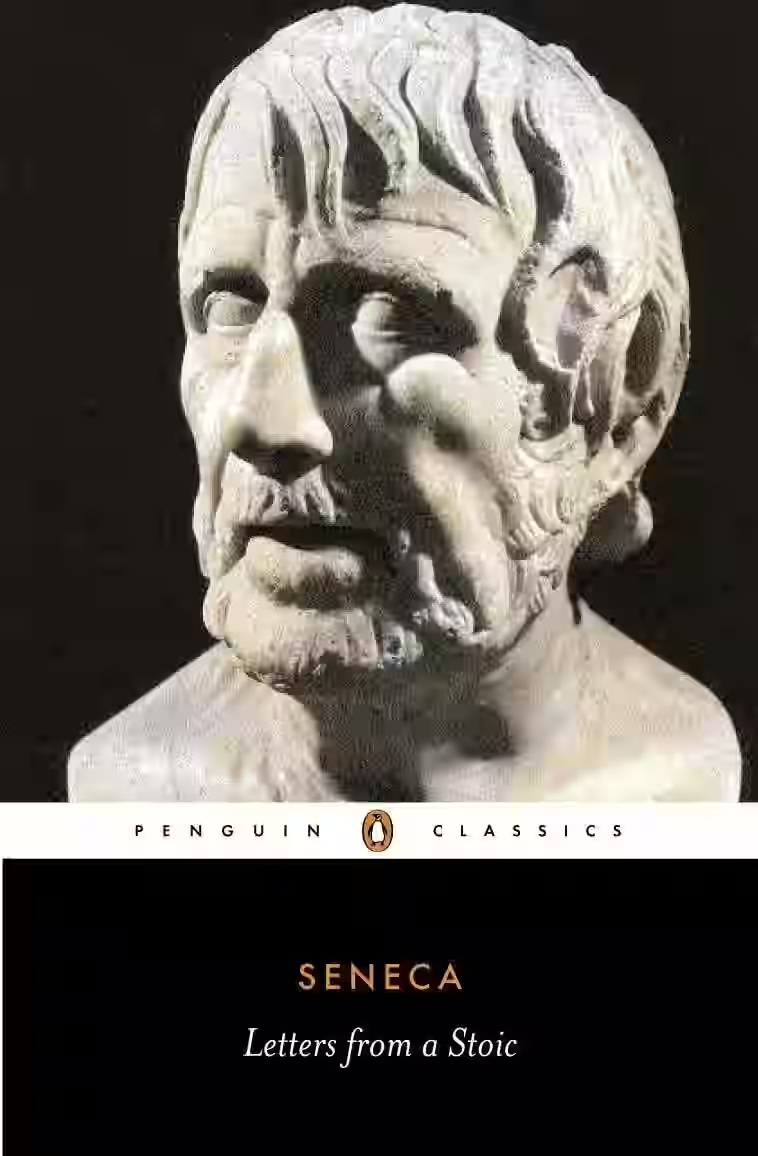
In Books I–III of The Wealth of Nations, Adam Smith lays the foundation of classical economics by exploring the nature of labor, productivity, and market systems. He introduces the concept of the "invisible hand" and argues that individual self-interest can promote the public good through free-market mechanisms. Book I focuses on the division of labor and value, Book II on capital and stock, and Book III on the historical evolution of economic systems. Smith’s analysis of productivity, competition, and the role of self-regulation revolutionized economic thought and established key principles that underpin modern capitalism and economic theory.
About The Wealth of Nations Series
Adam Smith’s The Wealth of Nations, first published in 1776, is regarded as the foundational work of political economy. Originally based on lectures he delivered at the University of Glasgow, the book was released the same year as America’s Declaration of Independence. In this landmark text, Smith critiques the mercantile system, champions free trade and industrial liberty, and famously predicts that America would become one of the world’s leading nations. His work laid the groundwork for classical economics, introducing ideas about markets, labor, and capital that continue to shape economic thought and policy over two centuries later.
About Adam Smith
Adam Smith (1723–1790) was a Scottish economist, philosopher, and pioneer of classical economics. Best known for his seminal work The Wealth of Nations, he laid the foundation for modern economic theory with ideas on free markets, division of labor, and the "invisible hand" guiding self-interest toward public benefit. Smith also explored moral philosophy in The Theory of Moral Sentiments, emphasizing ethics, sympathy, and social cohesion. As a professor at the University of Glasgow, he influenced generations of thinkers. His work continues to shape economic policy and philosophy, making him one of the most influential figures in Western intellectual history.
Other Books by Adam Smith

The Wealth of Nations: Books IV-V
by Adam Smith
Series: The Wealth of Nations (#2)
Books IV–V of The Wealth of Nations critique existing economic policies and propose a framework for limited but essential government intervention. In Book IV, Smith dissects the mercantile system, rejecting trade restrictions and monopolies while advocating for free trade. He critiques colonialism and tariffs, favoring open markets. Book V addresses the role of the state in education, justice, defense, and infrastructure—functions Smith sees as necessary for a stable, prosperous society. These volumes balance his case for laissez-faire economics with the need for public investment, rounding out his vision of a functional, ethical, and productive political economy.
Similar Books

The Prince
A foundational work of political theory, The Prince offers blunt, often controversial advice for rulers seeking to maintain power. Rejecting moral ideals in favor of pragmatism and realpolitik, Machiavelli argues that ends often justify means. Still influential centuries later, this short but powerful treatise examines leadership, manipulation, and the mechanics of power, shaping political discourse across generations.

Nexus
In a future where mind-enhancing nanotechnology connects brains like apps, a young scientist develops Nexus 5, a powerful upgrade that could revolutionize human evolution—or destroy it. Caught between shadowy government forces and post-human extremists, he must navigate a dangerous world of espionage, ethics, and power struggles. Fast-paced and thought-provoking, Nexus explores the limits of human potential and the morality of scientific progress in a near-future thriller that blends cyberpunk and biotech with philosophical depth.

My Years with General Motors
In My Years with General Motors, Alfred P. Sloan recounts his leadership of one of America’s most iconic corporations during its rise to industry dominance. Serving as GM’s president, then chairman, Sloan details how he transformed the company through decentralized management, financial discipline, and strategic innovation. His memoir provides deep insight into corporate governance, organizational structure, and long-term planning. More than a personal narrative, the book is a blueprint for modern business practices and executive leadership. It has been widely studied by business schools and executives, offering timeless lessons on scale, efficiency, and adapting to change in a competitive marketplace.

Letters from a Stoic
by Seneca
A cornerstone of Stoic philosophy, Letters from a Stoic is a collection of personal correspondence from the Roman philosopher Seneca to his friend Lucilius. These letters offer timeless wisdom on topics such as grief, wealth, friendship, fear, and the art of living. Seneca advocates for virtue, rationality, and emotional resilience, emphasizing control over one’s inner life regardless of external events. His practical advice and moral reflections are accessible yet profound, making this a foundational text for anyone seeking clarity, discipline, and inner peace. It remains a vital guide for modern readers exploring the philosophy of Stoicism.